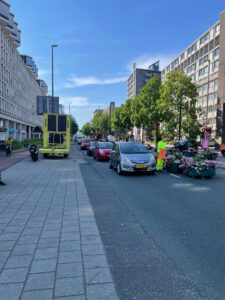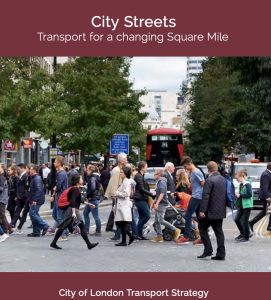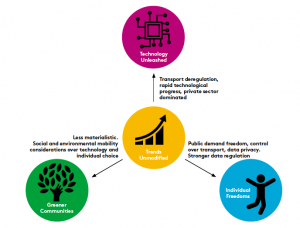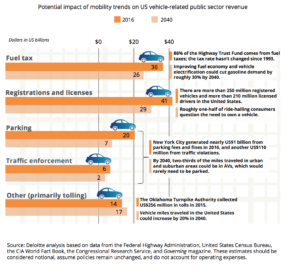What Hamburg can teach about smarter cities: lessons from the MOVE21 Project
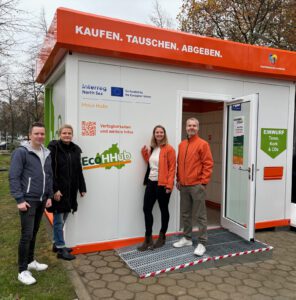
How can cities become cleaner, more efficient, and better connected? Hamburg’s MOVE21 project offers some inspiring answers. In collaboration with the Bezirksamt Altona, the project has developed a Best Practice Manual that examines real-world examples of neighborhood hubs—multifunctional spaces that bring together logistics, mobility, and even social services. Whether placed in existing buildings or public …

